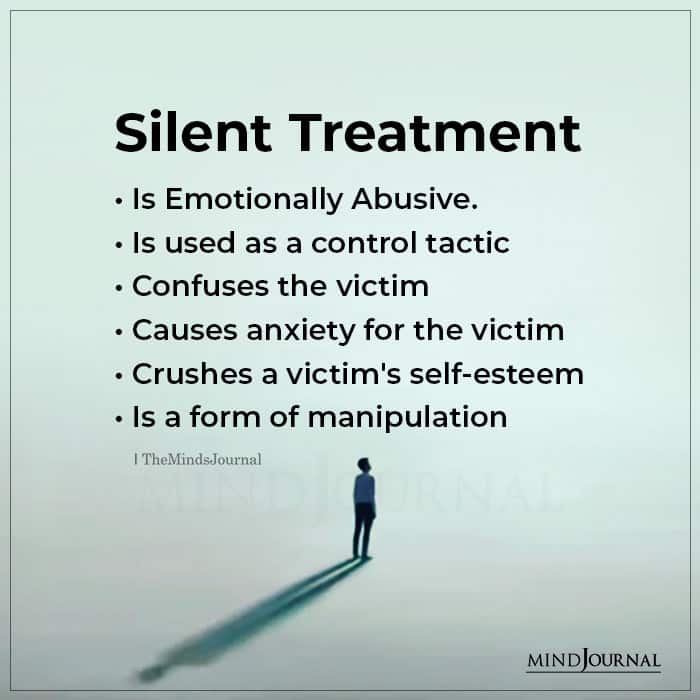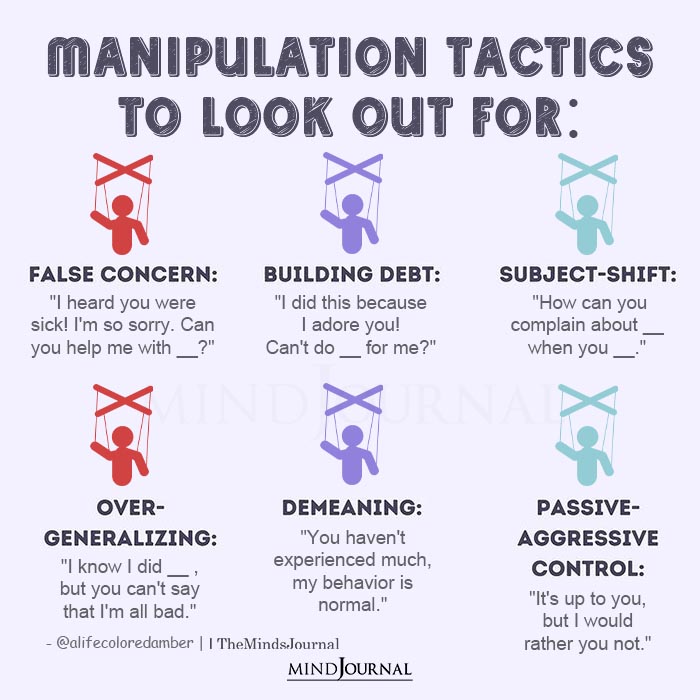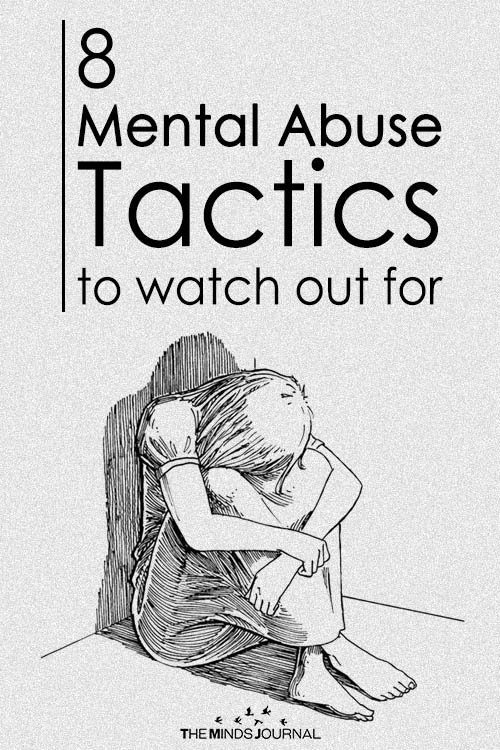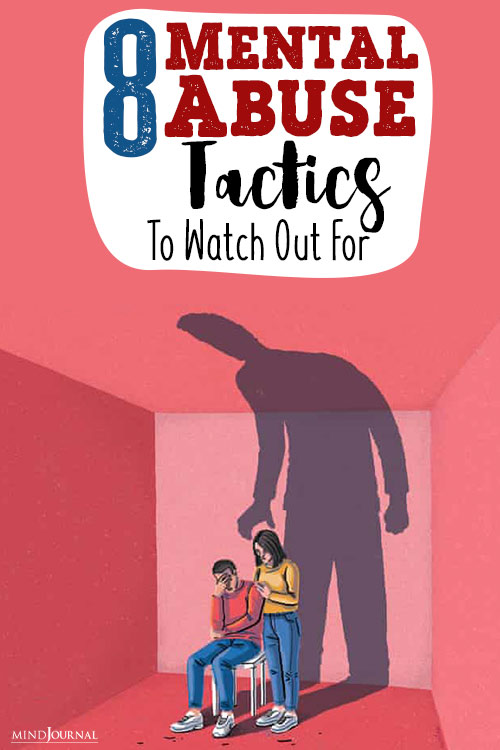Do you you feel manipulated into doing or saying something, out of character, endure regular insults and rejection? Or do feel exploited by your near ones? You might be a victim of emotional abuse. Watch out for these 8 types of mental abuse or narcissistic tactics.
Abuse is not just physical. There are many other forms of abuse, such as sexual, financial, emotional, mental, and verbal. While some of the other forms of abuse are obvious, mental abuse can be difficult to spot.
It could start simply with a casual comment about anything: the design of furniture, opinion about a movie, or the car needing maintenance.
The remark is taken out of context by the abuser to mean that they are disapproved by the victim in some way. The victim tries to explain that it wasn’t his/her intention, but they are off on a tirade, which ends in the victim feeling helpless as if he/she is losing his/her mind.
Read 10 Manipulative Strategies Used By Narcissists To Dominate You
An abuse can come dressed in any way. Here are a few of the common abuse tactics, that are widely used. All you have to do is, Memorize these maneuvers, remain silent when they are being used, and end the conversation as soon as possible. This will keep you from being a victim of mental abuse.
8 Types of Mental Abuse To Watch Out For
1. Rage
This is an intense, furious anger that comes out of nowhere, usually over nothing. It startles and shocks the victim into compliance or silence.
2. Gaslighting

Mental abusers lie about the past, making their victims doubt her memory, perception, and sanity. They claim and give evidence of her past wrong behavior further causing doubt. She might even begin to question what she said a minute ago.
3. The Stare
This is an intense stare with no feeling behind it. It is designed to scare a victim into submission and is frequently mixed with the silent treatment.
Read 6 Diversion Tactics Used By Sociopaths, Narcissists, and Psychopaths to Manipulate You Into Silence
4. Silent Treatment

Some abusers punish by ignoring. Then they let their victim “off the hook” by demanding an apology even though he/she isn’t to blame. This is to modify his/her behavior. They also have a history of cutting others out of their life permanently over small things.
5. Projection
They dump their issues onto their victim as if she were the one doing it. For instance, narcissistic mental abusers may accuse their spouse of lying when they have lied. Or they make her feel guilty when he is really guilty. This creates confusion.
6. Twisting
When abusers are confronted, they will twist it around to blame their victims for their actions. They will not accept responsibility for their behavior and insist that their victim apologize to them.
Read 6 Tactics Manipulators Use To Control And Confuse You
7. Manipulation

A favorite manipulation tactic is for the narcissist to make their victim fear the worst, such as abandonment, infidelity, or rejection. Then they refute it and ask her for something she normally would reply with “No.” This is a control tactic to get him/her to agree to do something he/she wouldn’t.
8. Victim Card
When all else fails, the narcissist resorts to playing the victim card. This is designed to gain sympathy and further control behavior.
These were eight types of mental abuse tactics that narcissists or toxic people use to gain control over someone, especially in relationships. Look out for them!
Frequently Asked Questions (FAQs)
How to stop blaming yourself for emotional abuse?
It is common for victims of emotional abuse victims to blame themselves from time to time. Forgive yourself as it isn’t your fault but the abusers.
How do I focus on myself after narcissistic abuse?
The first thing you need to do after narcissistic abuse is to forgive yourself. Then try to reflect and get in touch with your real feelings and focus on what’s best for you.
How to take care of yourself after abuse?
One of the ways to protect yourself from emotional mental abuse is to create “emotional distance” from the person who psychologically or emotionally abusing you.
How to defend yourself from mental abuse?
Unlike physical abuse there are no physical signs of violence or trauma, so mental and emotional abuse can be difficult to explain. One thing you can do is distance yourself to be safe and protected.













Leave a Reply